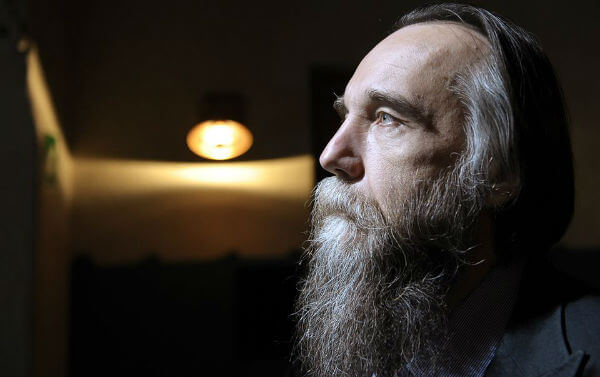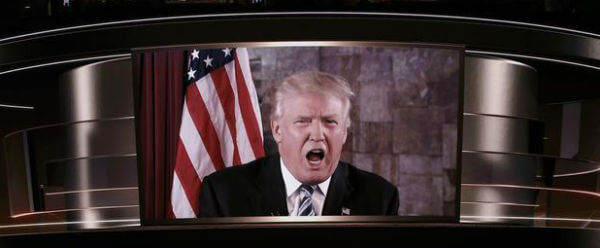The Huffington Post reported on June 23, 2014: Pope Francis made a poignant appeal on behalf of the world’s refugees during his Wednesday general audience, reminding all listening that Jesus, too, encountered times of hardship and danger.
“We believe that Jesus was a refugee, had to flee to save his life, with Saint Joseph and Mary, had to leave for Egypt,” Pope Francis said, according to Zenit. “He was a refugee. Let us pray to Our Lady who knows the pain of refugees.”
The pope made his petition to the Church, which he defined as “all of us,” not limited to “priests, bishops, or the Vatican,” reported Asia News.
World Refugee Day is on June 20. “The number of these brother refugees is growing and, in these past few days, thousands more have been forced to leave their homes in order to save their life. Millions of families, millions of them, refugees from many countries and different faiths, experience in their stories tragedies and wounds that will not likely be healed,” said Pope Francis. “Let us be their neighbors, share their fears and uncertainty about the future, and take concrete steps to reduce their suffering.” [Continue reading…]
Amanda Erickson reports: As the man bobbed in the water, onlookers pulled out their smartphones.
“Go on, go back where you came from,”one man yelled. “Africa!” shouted another. “He is stupid. He wants to die,” said a third, caught on film. Someone in a nearby water bus threw out a life vest, but the man in the water didn’t grab on. Spectators began to wonder if he was suicidal. One woman suggested to a neighbor that he was just pretending.
Finally, tourists at Venice’s Grand Canal began to laugh as 22-year-old Pateh Sabally of Gambia drowned in the canal’s icy waters.
Sabally came to Italy two years ago and was living in the country legally. Last year, according to Italian media outlets, he traveled to Switzerland to look for work. He wanted to travel closer to his family in Mexico, but Swiss officials sent him back to Italy.
💫His name was Pateh Sabally. 💫 pic.twitter.com/QAFUgY0kHq
— S A N Ä A (@sanaak) January 27, 2017
His death, which has rippled across social media, is a bleak reminder of how deep tensions run between local citizens and migrants, particularly in countries like Italy and Germany, which are on the front line of Europe’s refugee crisis. Last year, 181,000 migrants traveled to Italy’s shores, a 20 percent jump from 2015. Some come from Syria, others from Libya and Eritrea. [Continue reading…]
Trump wants to publish a list of crimes committed by immigrants. This is literally something Nazis did to Jews https://t.co/DFjQVuMOU3 pic.twitter.com/6riBpI4yPI
— Brian Kibler (@bmkibler) January 26, 2017
In reaction to President Trump’s Executive Order to effectively prevent refugees from seeking resettlement in the USA, Salil Shetty, Secretary General at Amnesty International said:
“President Trump’s Executive Order effectively blocking those fleeing war and persecution from war-torn countries such as Syria, from seeking safe haven in the USA are an appalling move with potentially catastrophic consequences.
“Some of our worst fears about the Trump administration have already been realised. With the stroke of a pen, President Trump has put his hateful xenophobic pre-election rhetoric into action by singling out people only of the basis of their religion.”



